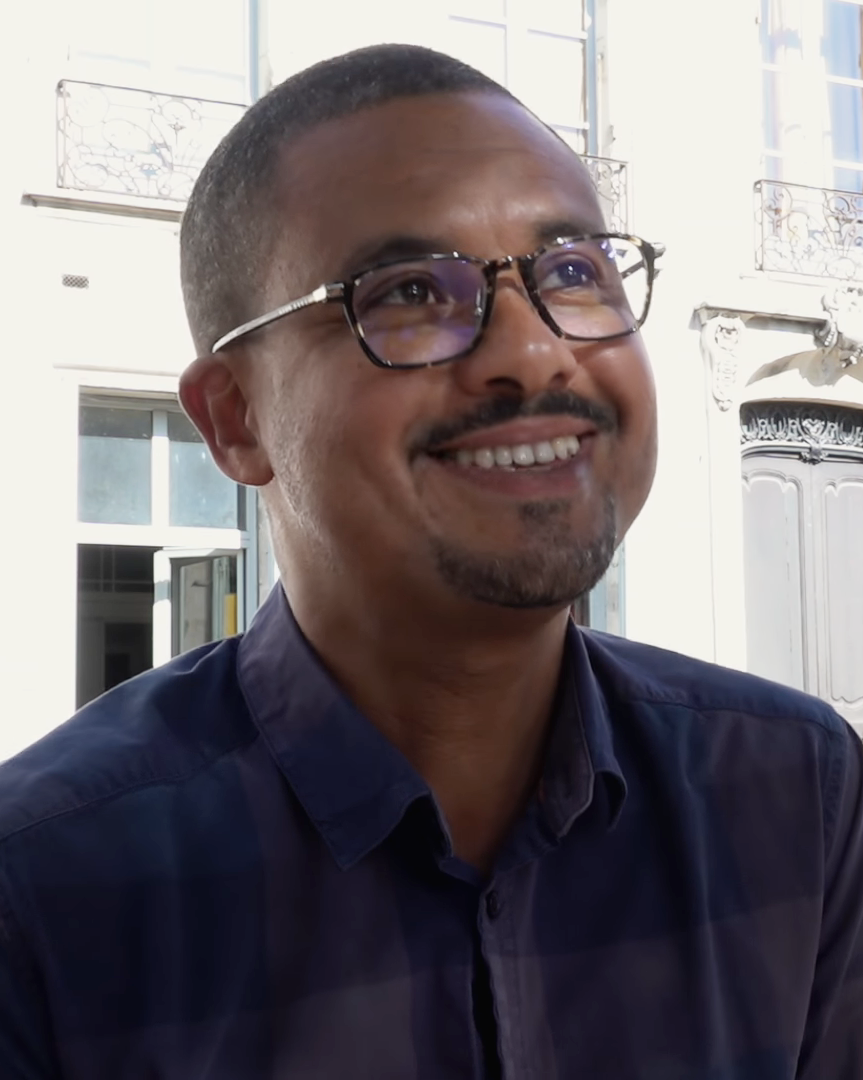Amelia Scarponi ’23
Staff Writer
An image of author, David Diop, the first French author to win the International Booker Prize. Photo courtesy of Wikimedia Commons.
On June 2, the International Booker Prize for translated fiction was awarded to French-Senegalese novelist and academic David Diop for his sophomore novel, “At Night All Blood is Black,” and to the book’s American translator, Anna Moschovakis. The novel was selected from a shortlist of six books by majority vote from a five judge panel. This year’s winners were announced virtually via livestream inside the historic Coventry Cathedral in the West Midlands of England. It was the first time the ceremony took place outside of London.
The International Booker Prize, established in 2005, is awarded annually to a novel or short story collection translated into English and published in the United Kingdom or Ireland. Past winners have included South Korea’s Han Kang and Polish Nobel laureate Olga Tokarczuk. According to the Prize’s press release, Diop and Moschovakis will receive £50,000 in prize money divided equally, giving the author and translator equal recognition.
First published in French in 2018, “At Night All Blood Is Black” is set against the backdrop of the First World War and tells the story of West African soldier Alfa Ndiaye as he descends into madness following the death of a childhood friend and comrade Mademba.
According to The Guardian, historian Lucy Hughes-Hallett, chair of the panel of judges, called “At Night All Blood Is Black” “an extraordinary novel.”
“The book is frightening — reading it, you feel you are being hypnotised,” Hughes-Hallett said. “Your emotions are all jangled up, your mind is being opened to new thoughts. It is an extraordinary piece of narrative, very powerful, very compelling. The protagonist is accused of sorcery and all of us, we judges, did feel this book had somehow put a spell on us. It is that hypnotically compelling.”
Diop revealed in an interview with BBC News that he was inspired by the secrecy of his great-grandfather’s wartime experience as a Senegalese “tirailleur” — a soldier from the West African colonial troops recruited by the French army during the First and Second World Wars. “He never said anything to his wife or to my mother about his experience. That is why I was always very interested by all the tales and accounts which gave one access to a form of intimacy with that particular war,” Diop said.
Diop was born in Paris to a French mother and a Senegalese father but spent nearly all his childhood in Dakar, Senegal. At the age of 18, he returned to France to study literature at the Sorbonne. In 1998, Diop became a professor at the University of Pau teaching 18th century French and Francophone literature and currently serves as the head of the arts, languages and literature department.
Since its publication, “At Night All Blood Is Black” has renewed conversations about colonialism, activism, race and masculinity. According to The New York Times, Diop is an author whose work is “helping France face its history with Africa.” Caroline Laurent, a postdoctoral fellow at Harvard University, said the book “exposes a specifically French history that is connected to France's colonial endeavours.”
Hughes-Hallett noted the book would make readers think about race and colonialism. “What Diop reminds us of, very interestingly and subtly, is that colonialism isn’t just about another country swooping in and taking over,” she said. “It’s also about colonizing those people’s minds so that very young man might feel a huge amount of loyalty to France — a country they’ve never visited, and whose language they didn’t speak.”
However, in an interview with The New York Times, Diop said he is careful to distance his writing from activism, asking, “Don’t you think these questions around race are being imported into countries where issues weren’t being addressed in those terms?”
Diop is the first French author to win the International Booker Prize.

